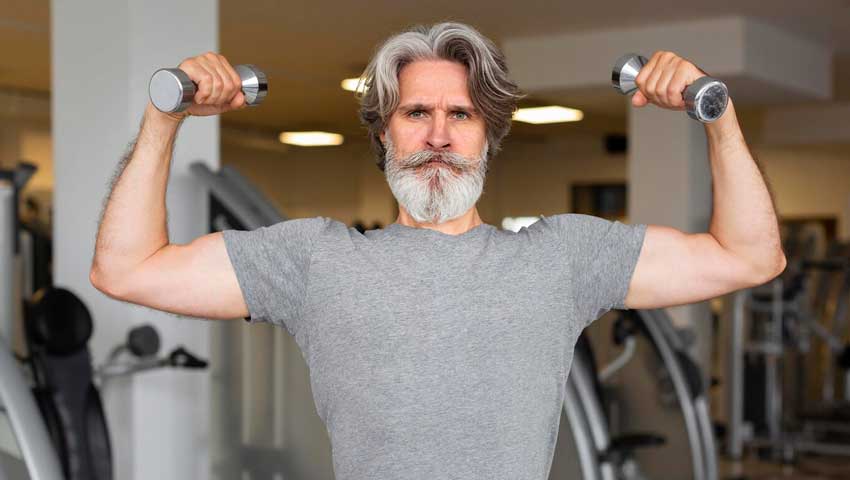You may be the strongest man during the day, but to keep up, you need to sleep like a champion at night. We will tell you why!
Sleep is more than just resting your body. Your whole body re-engineers, to prepare for the next day. But for athletes and bodybuilders, it’s the most crucial aspect of their performance enhancement. Let’s take a deep dive!
Why is sleeping different for athletes?

Athletes need more than just sleep! They need extended, deep sleep, i.e., the NREM (Non rapid eye movement) stage of sleeping.
In this stage, your heart rate, respiration, and body temperature are at their lowest, and you are also restoring the lost energy. During NREM only, the body releases growth hormones to repair muscles, bones, tissues, and the nervous system. The blood flow in your muscles increases during this time, making this stage extremely crucial for your recovery process.
Thus, you might not be able to perform at your best, if you haven’t had at least 90 minutes of NREM sleep at night.
Sleep & Injury in Athletes

Sleep doesn’t just help you recover; it also prepares you proactively. While a deep state of sleep enhances recovery and performance, a balanced 7-9 hours of sleep results in better decision making, self-assessment, and cognitive abilities, helping you avoid injury.
A good night’s sleep helps with:
- Better body to mind coordination while working out.
- More endurance during training.
- Improved reaction time.
- Overall emotional, mental, and psychological motivation.
- A well rested heart and steady heart rhythm.
Sleep and injury might not be directly correlated, but the inadequacy of sleep may aid in actions that cause injury.
How do I get better at sleeping?

The good news is, you are already doing something that promotes sleep – physical training! But you may be underestimating your need for sleep!
If you have ruled out a case of sleep disorder, here are some tips you can follow to optimize your sleep:
Limit Caffeine: Avoid high caffeine dosages in the latter half of the day to promote an on-time and healthy sleep cycle.
Strict and Strategic Sleep Schedule: Set a strict bedtime and sleep hours for yourself to wake up rested and energetic.
No Electronics to Bed: Electronics are the biggest sleep disruptors! Make it a habit to not take it with you to bed when trying to sleep.
Sleep Environment: A dark, cold, and noise-free environment is ideal to promote sleep. Make sure you create one for yourself.
Avoid overtraining: Overtraining may be one of the reasons you are not able to sleep. Listen to your body, and train accordingly to promote a healthy sleep cycle.
Melatonin & Sleep Cycle

Melatonin is a naturally produced compound in your body that spikes only after the sun sets. This hormone is responsible for slowing down your body, preparing it for sleep, and balancing your biological clock.
While it doesn’t actually make you fall asleep, it creates the right opportunities within the body for you to have a deep sleep. For athletes struggling with sleep quality, topical melatonin sleep supplements could be miraculous in promoting deep, restful sleep.
Bottom Line
Sleep is more than resting, especially for athletes. Whether recovering from a day’s fatigue or rebuilding your muscles, each stage serves a different function and is equally important. However, deep sleep plays a vital role in enhancing athletic performance. While you may grind hard during the training, you must also remember to sleep on it.




